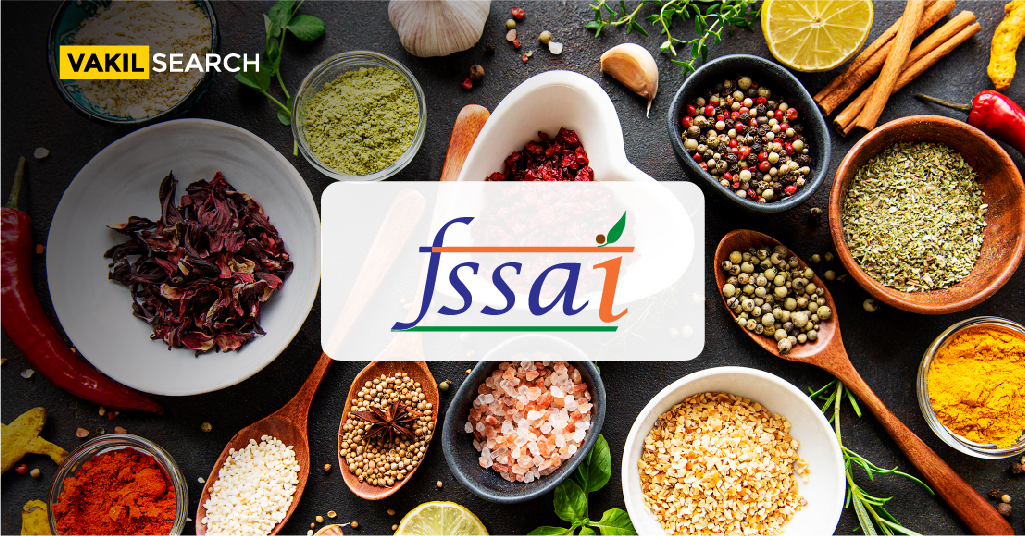Small and medium-sized food businesses in India face challenges in complying with FSSAI regulations. This article discusses these challenges and solutions to overcome them.
The Food Safety and Standards Authority of India (FSSAI) is a regulatory body established under the Ministry of Health and Family Welfare to ensure the safety and quality of food products in India. The FSSAI regulates food businesses of all sizes, from large-scale manufacturers to small and medium-sized enterprises (SMEs).
However, compliance with FSSAI regulations can be particularly challenging for SMEs due to limited resources and lack of awareness of the regulatory requirements.
In this article, we will discuss the challenges faced by small and medium-sized food businesses in India in complying with FSSAI regulations.
Top 10 Challenges of FSSAI Compliance for Small and Medium-Sized Food Businesses in India
-
Lack of Awareness
One of the major challenges faced by SMEs in complying with FSSAI regulations is the lack of awareness about the regulatory requirements. Many SMEs do not have access to information about the regulations and may not understand the importance of compliance.
This lack of awareness can result in non-compliance with regulations, which can lead to penalties and legal action by the regulatory authorities.
-
Limited Resources
SMEs typically have limited financial and human resources, which can make it difficult for them to comply with FSSAI regulations. Compliance with regulations often involves significant investments in infrastructure, equipment, and training. SMEs may not have the resources to make these investments, which can put them at a disadvantage compared to larger businesses.
-
Complexity of Regulations
FSSAI regulations can be complex and difficult to understand, particularly for SMEs with limited experience in regulatory compliance. The regulations cover a wide range of areas, including food safety, labeling, packaging, and advertising. SMEs may find it difficult to navigate these regulations and ensure compliance with all the requirements.
-
Lack of Standardisation
Another challenge faced by SMEs is the lack of standardisation in the enforcement of FSSAI regulations. The regulatory authorities may interpret and enforce the regulations differently in different regions, which can create confusion and uncertainty for SMEs operating in multiple locations. This lack of standardisation can make it difficult for SMEs to ensure compliance with all the regulations in all the regions where they operate.
-
Limited Access to Technology
Compliance with FSSAI regulations often requires the use of technology, such as food safety testing equipment and digital record-keeping systems. SMEs may not have the resources to invest in these technologies, which can make it difficult for them to comply with the regulations.
Lack of access to technology can also put SMEs at a disadvantage compared to larger businesses that have the resources to invest in these technologies.
-
Limited Access to Finance
SMEs may find it difficult to access finance to invest in the infrastructure, equipment, and training required for compliance with FSSAI regulations. Banks and financial institutions may be reluctant to lend to SMEs due to their perceived higher risk.
This lack of access to finance can make it difficult for SMEs to invest in the resources required for compliance with the regulations.
-
Lack of Support
Finally, SMEs may feel that they do not receive sufficient support from the regulatory authorities in complying with the regulations. SMEs may find it difficult to get information about the regulations, access to training and technology, and guidance on compliance.
This lack of support can make it difficult for SMEs to comply with the regulations and can discourage them from investing in compliance.
-
Language Barriers
FSSAI regulations and guidelines are primarily available in English, which may pose a challenge for small business owners who are not fluent in the language. While some translations are available, they may not be comprehensive or up-to-date, making it difficult for business owners to understand the regulations and requirements.
-
Changing Regulations
FSSAI regulations are subject to change, which can make it challenging for small and medium-sized food businesses to keep up with the latest requirements. Business owners may need to continually invest in training and education to ensure that they are complying with the most up-to-date regulations, which can be a financial burden.
Lack of Supply Chain Management
Many small and medium-sized food businesses may struggle with managing their supply chains to ensure compliance with FSSAI regulations. This may include ensuring that suppliers are providing safe and quality ingredients, tracking the movement of goods through the supply chain, and ensuring that proper storage and transportation protocols are in place.
Without proper supply chain management, small and medium-sized businesses may struggle to comply with FSSAI regulations and ensure the safety of their products.
Conclusion
Compliance with FSSAI regulations is critical for ensuring the safety and quality of food products in India. However, SMEs face several challenges in complying with these regulations, including lack of awareness, limited resources, the complexity of regulations, lack of standardization, limited access to technology and finance, and lack of support from regulatory authorities.
Addressing these challenges will require a concerted effort by regulatory authorities, industry associations, and financial institutions to provide SMEs with the resources and support they need to comply with the regulations.
Vakilsearch, a leading legal services provider in India, can help small and medium-sized food businesses with FSSAI compliance. Our team of legal experts can offer guidance on the regulatory requirements and help SMEs in preparing and submit the necessary documentation.
Read More:

